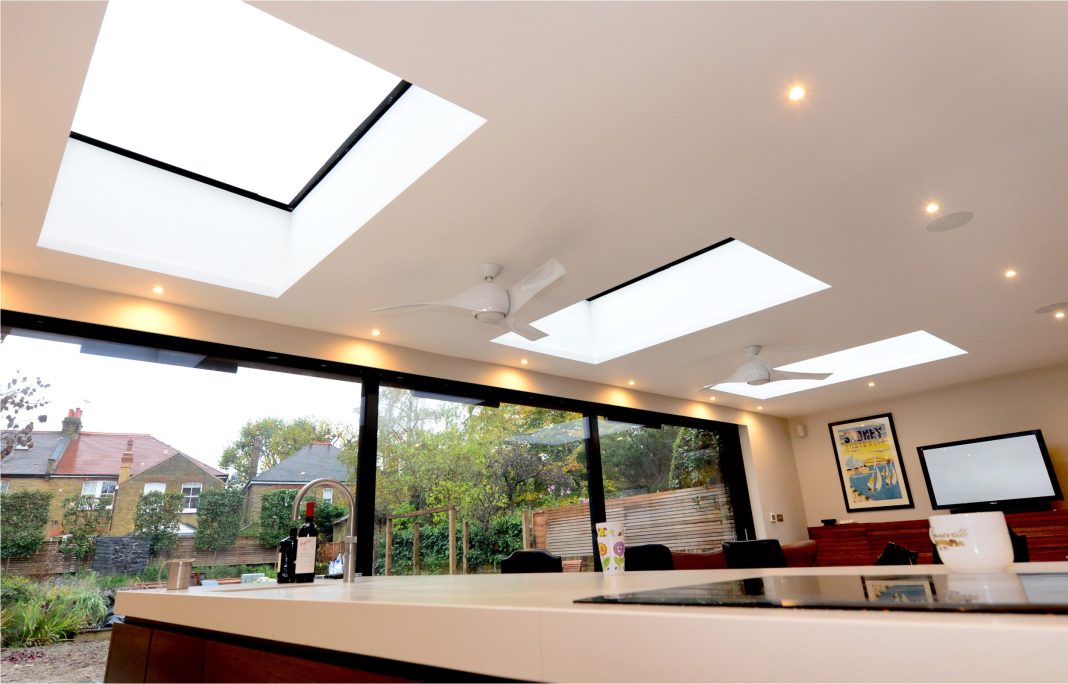Bespoke Rooflights are designed to be unique, with no two being the same. Inspired by the architectural features that are found in a wide range of cultures throughout history, they appeal to those who want something totally different to what you can find on the high street. To make sure that your bespoke rooflight is unique, our team will work closely with you – taking into account your style and tastes so that it looks exactly as you imagined.
What is a Bespoke Rooflight?
There’s a whole world of rooflights out there, and they come in all shapes and sizes. But what’s the difference between a standard light and a bespoke one? Simply put, a bespoke rooflight is custom-made to your car or motorcycle. The entire fixture is made to match your specific vehicle, meaning that no two are ever exactly alike.
This level of customization isn’t just limited to rooflights; you can also have your car or motorcycle painted any color you like, add personalised decals or even install LED lighting! If you’re looking for something unique and special, then a bespoke rooflight is the perfect option for you.
Benefits of using a Bespoke Rooflight
Bespoke rooflights are unique and make a great addition to any property. They can help create an attractive and distinctive look, while also providing some extra security and warmth. Here are the benefits of using a bespoke rooflight:
-They can add an attractive and distinctive look to your property
-They can provide extra security and warmth
-They can be custom made to fit your specific requirements
How to get your ideas for the project started
There are a few ways to get your ideas for the project started. One way is to brainstorm with your partner or family. Another way is to take some time to reflect on what you want the finished product to look like. Once you have an idea of what you want, begin gathering all of the necessary materials.
When it comes to choosing a material, there are many options available. You can choose a traditional material such as wood or metal, or you can go with something more unique and unconventional, like tile or slate. If you’re unsure about which material to choose, consult with a professional or search online for inspiration.
Once you have all of the materials gathered, start assembling the pieces according to your plan. Make sure everything is level and fits together properly before proceeding. If everything looks good and there are no unforeseen difficulty along the way, then it’s time to install your rooflights!
How to select materials and colours
Choosing the right materials and colours for a bespoke rooflight can be a daunting task. Here are some tips to help you get started.
When choosing a material, think about the purpose of your rooflight. For example, if it is primarily decorative or functional, choose a material that will complement those features.
When choosing colours, think about the tone you want your light to have. For example, if you want your light to be bright and cheery in nature, go for brighter colours. If you want your light to be more subtle and understated, choose softer colours.
Finally, take into account the climate where you live. Some materials may not stand up to heavy rain or snowfall well, so be sure to factor that into your decision-making process as well.
Project Management: Planning, Budgeting & Quality Control
Project management is an essential skill for any roofing contractor. It is a process of planning, budgeting, and quality control that helps ensure your project meets all expectations. The key to successful project management is organization and communication.
Planning: Planning is the first step in any project. You need to determine what you want to achieve with your rooflight installation and work out a plan of how to get there. This includes determining the necessary materials and equipment, as well as the time frame for completion.
Budgeting: Once you have determined the goals of your project, you need to set a budget accordingly. This will help you prioritize which tasks to completed first and allows for adjustments if needed. Make sure to account for overtime and additional costs that may arise during construction.
Quality Control: Quality control is essential when it comes to any construction project. Make sure all materials are of the highest quality and that all workmanship meets your standards. Check measurements multiple times before completing any work, and always use appropriate safety precautions while onsite.










